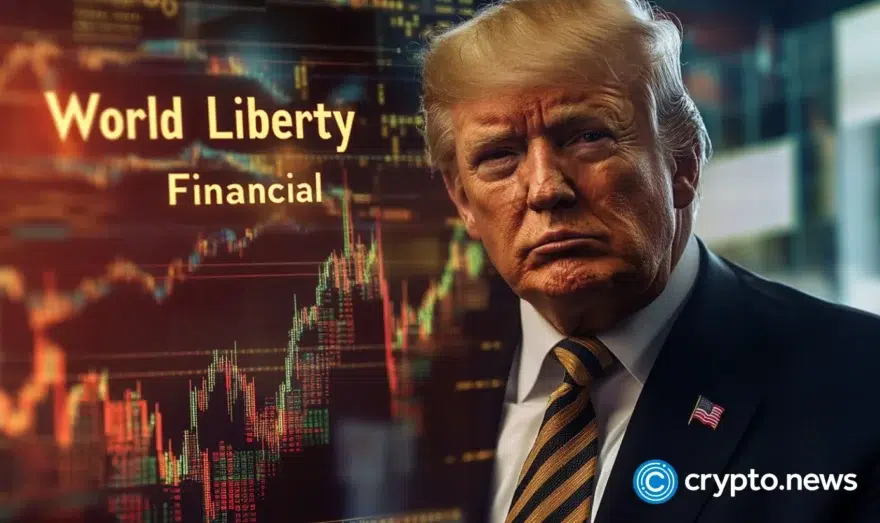Trump administration hopes Taiwan trade agreement can boost US semiconductor sector

The Trump administration is reportedly conducting negotiations on a trade agreement aimed at expanding Taiwanese semiconductor manufacturing operations on U.S. territory.
- The proposed U.S.-Taiwan semiconductor deal would involve billions in investment and the deployment of Taiwanese technical workers.
- The objective is to reduce U.S. reliance on foreign-made semiconductors.
- Framework details remain unclear, including specific investment amounts, timelines, participating companies.
The proposed deal would involve billions of dollars in investment and the deployment of Taiwanese technical workers to the U.S. to establish facilities, operate production lines, and train American personnel, the reports stated.
The agreement is structured to decrease U.S. dependence on foreign-manufactured semiconductors by establishing domestic production capacity, according to sources familiar with the negotiations.
Under the framework being discussed, Taiwanese chip manufacturers would establish operations in the U.S., bringing both capital investment and technical expertise to support the development of domestic semiconductor production infrastructure.
The negotiations represent part of broader efforts to strengthen U.S. semiconductor supply chains and reduce reliance on overseas manufacturing for critical technology components.
What remains unclear is everything else: how much money will be invested, which companies will participate, and when any of this might happen. The framework is reportedly being drafted, and timelines are about as concrete as a vaporware product roadmap.
Earlier this month, Taiwan legislator Dr. Ko Ju-chun announced that the Executive Yuan and its central bank have agreed to explore adding Bitcoin to the national strategic reserves.

















